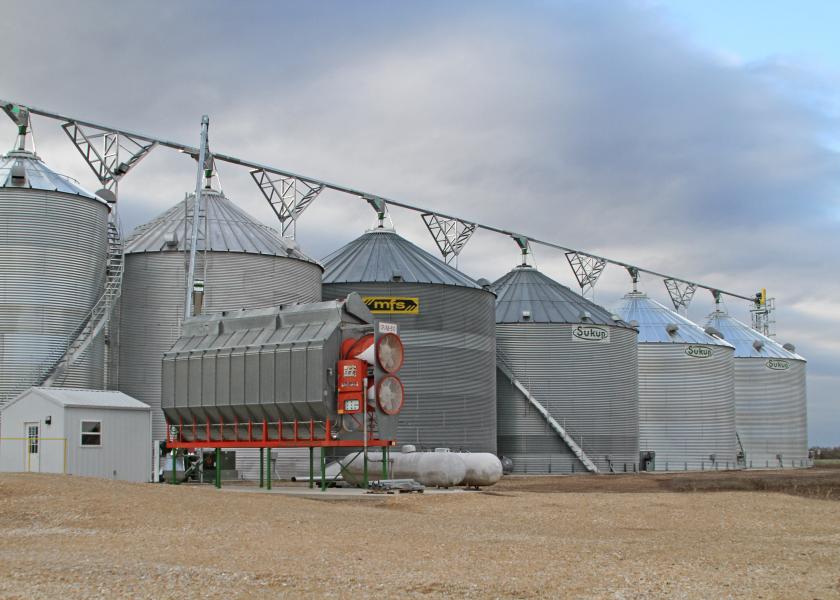Propane Delivery Crisis Plagues the Midwest

Harvest just got a little harder—propane supplies aren’t where they need to be for Midwest farmers. This week propane prices stayed at $1.18, flat compared to last week, and down compared to this time last year at $1.30 per gallon.
Iowa, Minnesota and Wisconsin have all provided exemptions for propane delivery hours of service to get fuel to farmers and co-ops as quickly as possible. This year’s wet harvest has many across the Midwest burning propane faster than trucks can deliver.
“My propane suppliers called me an hour ago and said starting today you’re going to 40% allocation,” says Tim Burrack, who farms in Iowa speaking on the AgriTalk Radio Show. “And I’m just getting started on corn harvest, I’ve got 7% of my corn done and now this hit.”
Reduced allocations add another kink to an already difficult harvest. Instead of managing drying capacity based on bu. per hour, farmers have to consider how long they can go before running out of propane, and when they can refill.
“Normally you don’t run out of propane, you’re just limited by your capacity to dry,” Burrack says. “The suppliers have a priority to make sure homes are heated and livestock buildings are heated. Dryers come after that.”
What makes matters worse, according to Pro Farmer Inputs Monitor editor Davis Michaelsen, residential heating demand is likely only going to increase as more cold weather blows across the central and northern Midwest.
“The cow is out of the barn and propane suppliers are already running short, curtailing the amount of propane retailers can allot for each customer,” Michaelsen adds. “Given drivers are crossing state lines in pursuit of fillups, the shortage is likely to spread.”
These shortages come as a surprise to many, because fuel suppliers were aware of the crop’s wet conditions and the likelihood of increased need for propane this fall. In addition, the Energy Information Administration’s winter fuels outlook pegs national propane supply 16.8 million barrels above this time last year.
Check out more tips on managing this year's wet harvest:
Wet Grain Problem? Solution: Sell It to Livestock Owners For A Win-Win
Tools to Help with High Moisture Harvest
Could Grain Bags Be Your Wet Grain Storage Solution?
Need-To-Knows Of Moisture, Quality Deductions And Long Elevator Lines







